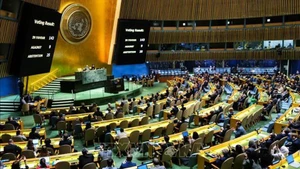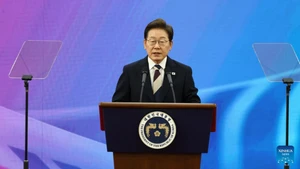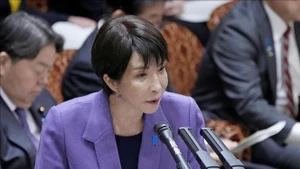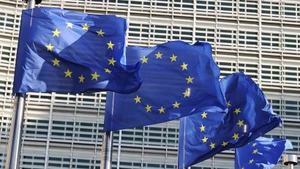Alongside the WB, the European Union (EU) and several regional countries have pledged support for Syria’s rebuilding efforts, recognising that security in Syria is key to ensuring regional peace.
The WB funding is intended to help restore electricity supplies, stabilise prices, and revive Syria’s war-torn economy. The emergency power grid upgrade project will repair damaged transmission lines and substations. Last month, Syria signed an agreement with a consortium of companies from Qatar, Turkey and the United States to develop a 5,000-megawatt energy project, aiming to recover most of the country’s shattered power infrastructure.
The EU, through a 175-million-euro aid package, will assist Syria in key sectors including energy, education, healthcare and agriculture. It reiterated its support for Syria’s recovery and expressed its desire for Syria to lead its own comprehensive and unified reconstruction process. The European Commission also confirmed it is pursuing Syria’s participation in key Mediterranean cooperation initiatives.
Due to infrastructure destruction, fuel shortages and international sanctions on the former regime, Syria currently produces just 1,500 megawatts of electricity—far below the minimum 7,000 megawatts needed.
During his first visit to Damascus since the ousting of former President Bashar Al-Assad in December, IAEA Director General Rafael Grossi announced plans to explore nuclear energy applications in Syria.
Algeria offered to send experts and technical support to rebuild Syria’s energy infrastructure and agreed to deepen cooperation in renewable energy, mining and the oil industry.
Following 14 years of conflict, Syria is in urgent need of reconstruction—estimated to cost approximately 500 billion USD. The interim administration led by President Ahmad Al Shara is seeking investment in airports, energy, tourism, oil and gas, mining, free trade zones, seaports, railways, real estate, and transport.
The new government has signed three major concessions with foreign partners: France’s CMA CGM to develop Latakia Port; UAE’s DP World for Tartous Port; and Qatar’s UCC Group to expand Syria’s power generation capacity. Saudi Arabia and Qatar have pledged to provide financial support for civil servant salaries over the next three months.
A number of regional airlines have announced plans to resume flights to Syria. AJet, a subsidiary of Turkish Airlines, has launched commercial flights from Istanbul and Ankara to Damascus. UAE budget airline Flydubai has resumed services to the Syrian capital after a long suspension, marking the return of direct flights between the UAE and Syria.
Emirates is set to resume its Damascus route on July 16 after a 13-year hiatus, while Saudi low-cost carrier Flynas began direct flights between Riyadh and Damascus in early June.
The recent lifting of international sanctions on Damascus is breathing life back into the Syrian economy and paving the way for a pivotal reconstruction phase. However, the country faces the dual challenge of seeking foreign assistance while maintaining its “economic sovereignty” and avoiding external dependency.
















